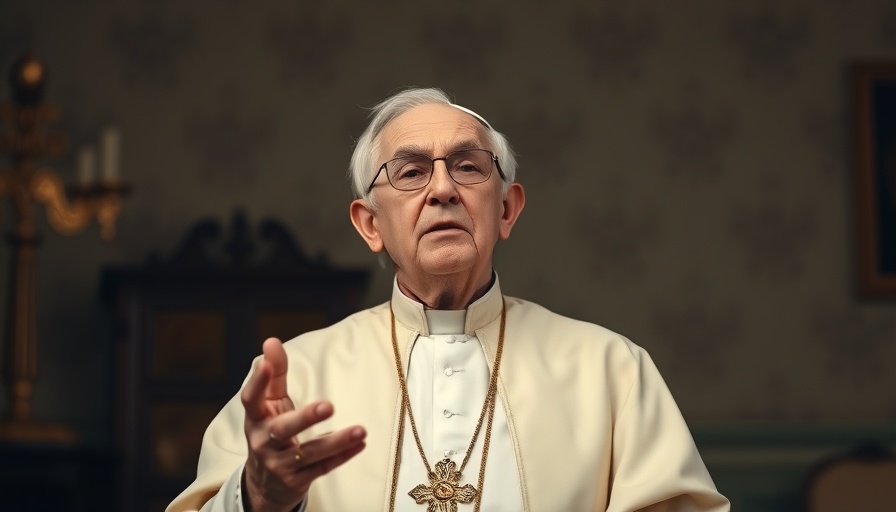
Trump Swears in New Service Members: A Milestone Moment
On June 14, 2025, President Donald Trump presided over a ceremonial swearing-in of 300 new service members at a military parade in Washington, D.C. This event coincided with the 250th anniversary of the U.S. Army, celebrated on Flag Day, marking a historic occasion not only for the military but also as Trump's 79th birthday. Such grand ceremonies resonate deeply with American values, symbolizing unity and service to the nation.
The Significance of Military Ceremonies
Military swearing-in ceremonies carry significant emotional weight and national importance. They represent not just a commitment of the individuals but also a collective acknowledgment of sacrifice and service to the country. Events like these bring communities together, as families and friends gather to witness their loved ones take this pivotal step. With Trump presiding over the ceremony during a time of social and political division, it serves as a reminder of the shared values that join citizens together despite differing political views.
A Day of Contrasting Events: Protests Erupt Alongside the Parade
While the swearing-in of new service members captured the attention of many, the day was not without its controversies. Concurrently, massive crowds gathered nationwide for "No Kings Day" protests against President Trump’s administration. This duality represents the complex landscape of American politics, showcasing both the pride in military service and the dissent against political leadership. Just blocks away from the parade, protesters voiced their concerns about a range of issues, demonstrating that public discourse remains vibrant and often contentious in democratic societies.
Public Sentiment on Military Service and Leadership
For many, joining the military is regarded as a noble pursuit. Yet, amidst patriotism, there is a growing discussion surrounding military engagement, leadership, and the political implications of such ceremonies. Critics argue that using military events for political gain trivializes the sacrifices of service members. In contrast, supporters argue the visibility can help foster respect for the armed forces. Engaging with these perspectives enriches our understanding of how military institutions and political leadership intertwine.
The Role of Families in Military Service Decisions
Families play a critical role in supporting new recruits. Research shows that the decision to enlist is often influenced by the dynamics of family life, values passed down through generations, and the support system that recruits rely on. Parents, in particular, can help shape their children’s perspectives about serving in the military or pursuing civilian paths. This day, front and center in the national spotlight, provided countless families the opportunity to celebrate their shared commitment to service together.
The Future of Military Recruitment and Service
As this new cohort of service members embarks on their military journey, questions loom about the future of military recruitment amidst shifting societal attitudes. Will political events polarize service perception? Dr. Jonathan Mark, a sociologist focused on military studies, predicts that young Americans will continue to weigh their service options carefully against the backdrop of national identity crises and changing leadership styles. This ceremony may very well serve as an indicator for future enlistment trends.
Conclusion: Reflecting on Commitment and Service
The swearing-in ceremony led by President Trump highlighted the blend of celebration, division, and reflection permeating U.S. military service today. As recruits take their oath to serve, families are inspired to uphold the values of dedication and honor, reminding us all of the complexities of patriotism in a diverse political landscape.
With the future of American military service in question, citizens are encouraged to continue the conversation about the implications of leadership, enlistment, and community support. What path should the next generation of service members take amidst the prevailing societal narratives? It's a question that merits attention as we move forward.
 Add Row
Add Row  Add
Add 




 Add Row
Add Row  Add
Add 

Write A Comment